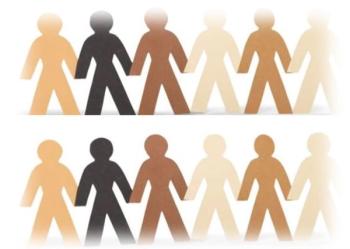
ASA: Cognitive Effects of Neonatal Stroke Revealed During School Years
SAN FRANCISCO -- Cognitive deficits caused by neonatal stroke may not emerge until early school years when children face needs to master higher level skills, researchers said here.
SAN FRANCISCO, Feb. 8 -- Cognitive deficits caused by neonatal stroke may not emerge until early school years when children face needs to master higher level skills, researchers said here.
While cognitive scores among infants and toddlers fell within the normal range, by age six to 13 the same children had significantly lower scores on intelligence and a range of cognitive skills, found Robyn Westmacott, Ph.D., of the Hospital for Sick Children in Toronto.
The findings, presented at the at the American Stroke Association meeting, suggest that physicians should not stop monitoring cognition among patients who had a stroke within the first 28 days after birth.
"Children following neonatal stroke seem to grow into their deficits over time," Dr. Westmacott said.
"From a practitioner's perspective, it's very important to continue following these kids over the long term even if in the early years they seem to be doing well because they still may show difficulties that emerge when they are older," she added.
She noted that it appears that the children are not keeping up with their peers rather than losing acquired skills. The difference from adults, in whom deficits appear soon after stroke and typically improve rather than decline, may be that stroke damages undeveloped parts of the brain in children so the full impact does not appear until those parts of the brain mature, she said.
However, she added, follow-up into teenage years may reveal improvement over time.
In a previous analysis of neonatal stroke patients, the researchers found significant psychomotor delays at age one year and cognitive delays as well by age two (P
Newsletter
Enhance your clinical practice with the Patient Care newsletter, offering the latest evidence-based guidelines, diagnostic insights, and treatment strategies for primary care physicians.
































































































































